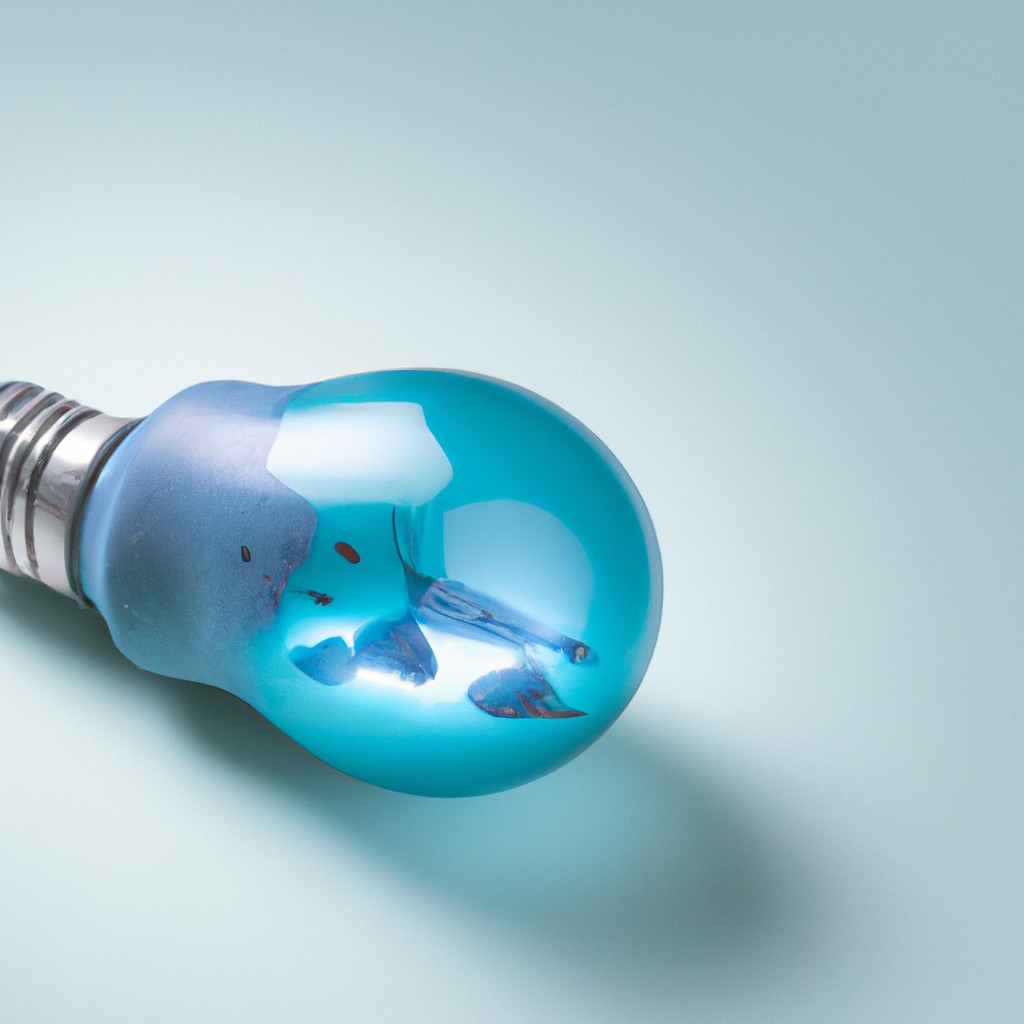Solar energy advantages include being renewable, cost-effective over time, eco-friendly, low on maintenance, providing energy security and independence, being scalable and versatile, promoting job creation, having technological advancement potential, and applicable for rural electrification and low-grid areas.
Key takeaways:
- Renewable energy source: Solar energy provides a stable and abundant source of power, reducing reliance on finite resources.
- Reduces electric bills: Solar panels generate electricity and reduce dependence on the grid, resulting in significant savings.
- Lowers carbon emissions: Solar energy decreases harmful emissions and contributes to a cleaner environment.
- Improves home value: Homes with solar installations have higher market value and sell faster.
- Increases energy independence: Using solar energy cuts reliance on traditional energy sources and offers stability during outages.
Renewable Energy Source

Harnessing the sun’s power, solar energy provides an abundant wellspring of power. Unlike fossil fuels, the sun showers our planet with energy daily, regardless of geographic location or season. This constancy means a dependable flow of electricity generated from solar panels, reducing our reliance on finite resources.
Given the stability of solar energy, households and businesses benefit from a predictable source of power. Sunlight’s inexhaustible nature also implies less vulnerability to price volatility in the energy market, which often plagues conventional power sources.
Transitioning to solar arrays taps into this perennial resource, aligning with global efforts to shift towards sustainable energy systems. By converting sunlight into electricity, we decrease our dependence on resources that won’t last forever, laying the groundwork for a cleaner, more self-reliant energy landscape.
Reduces Electric Bill
Harnessing the power of the sun means you’re drawing less from the grid, and that’s where the magic happens with your utility bills. Solar panels convert sunlight into electricity that powers everything from your fridge to your TV. With a full set of these sunny sidekicks on your roof, a significant chunk of your energy use is covered by what’s essentially a power plant at home.
Consider peak sun hours as your golden window of savings; that’s when your system’s cranking out electrons in surplus, often more than what you consume. This excess can be sent back to the grid through net metering, a process that might earn you credits from the power company. These credits can offset your energy use when the sun’s playing hide and seek.
Moreover, solar systems have a knack for being low maintenance with no moving parts, translating to less wear and tear. This reliability means fewer repairs and consistent production over time, keeping your wallet comfortably padded over the years.
Think of solar energy like a marathon runner, slow and steady winning the race against rising energy costs. As utility prices fluctuate, often trending upwards, your solar panel performance remains predictably stable, offering you a hedge against those unpredictable hikes.
The brighter takeaway? Every beam of sunlight your panels latch onto is a penny saved, and who doesn’t like the sound of coins clinking back into their piggy bank?
Lowers Carbon Emissions
Harnessing the sun’s power doesn’t generate greenhouse gases—which is more than can be said for conventional power sources. When you employ solar panels, you’re contributing to a significant drop in harmful emissions. It’s like taking a few cars off the road each year, breathing easier knowing you’re part of the climate solution. Every kilowatt hour (kWh) of solar energy you use means less fossil fuel burned, slicing the carbon footprint one sunny day at a time.
Think of solar panels as your personal peacekeepers between nature and technology. They quietly hum away, converting sunlight into clean energy, without a whiff of carbon dioxide in sight. Now that’s a breath of fresh air! Using solar energy, you step into the role of an environmental steward, protecting future generations with each ray of sunshine you capture.
Improves Home Value
Investing in solar panels can be akin to giving your home a long-lasting financial boost. Studies demonstrate that homes with solar installations fetch higher prices on the real estate market. This premium reflects the future energy cost savings potential buyers can expect. Additionally, solar homes often sell faster than their non-solar counterparts. As eco-friendly features become more coveted, solar installations put your property ahead of the curve, making it more attractive to energy-conscious buyers. It’s clear that harnessing the sun’s power benefits not only the planet but also your property’s marketability.
Increases Energy Independence
Tapping into solar energy is like striking your own personal energy gold mine. With a solar panel system, you’re no longer leaning heavily on the grid. Picture this: the sun is your generous neighbor, always willing to lend you some sugar—or in this case, energy—and never sending a bill.
Harnessing the sun’s power cuts the cord with traditional energy sources, often reliant on imported fuels. You become the master of your domain, less affected by the unpredictability of global fuel markets. And when local outages roll around, you’ll be sitting pretty with your trusty solar setup.
Transitioning to solar simplifies the logistics of your energy use. You generate power right where you need it—no more middlemen, no lengthy supply chains. Plus, as energy prices swing like a pendulum, your solar panels are a hedge against the volatility, keeping your costs consistent and manageable.
In short, the more solar energy you use, the less you rely on external sources. Stand tall and soak up the sun, knowing you’re charging up on freedom with every ray that hits your roof.
Also Read:
- Advantages of Solar Energy: Unveiling the Sustainable Power Solution’s Benefits
- Why Are Solar Panels Good: Benefits and Impact on Sustainability
- How Solar Panels Help the Environment: Benefits and Impact
- Solar Energy Pros and Cons: Understanding the Advantages and Disadvantages
- Is Solar Energy Sustainable? Understanding Its Long-term Viability